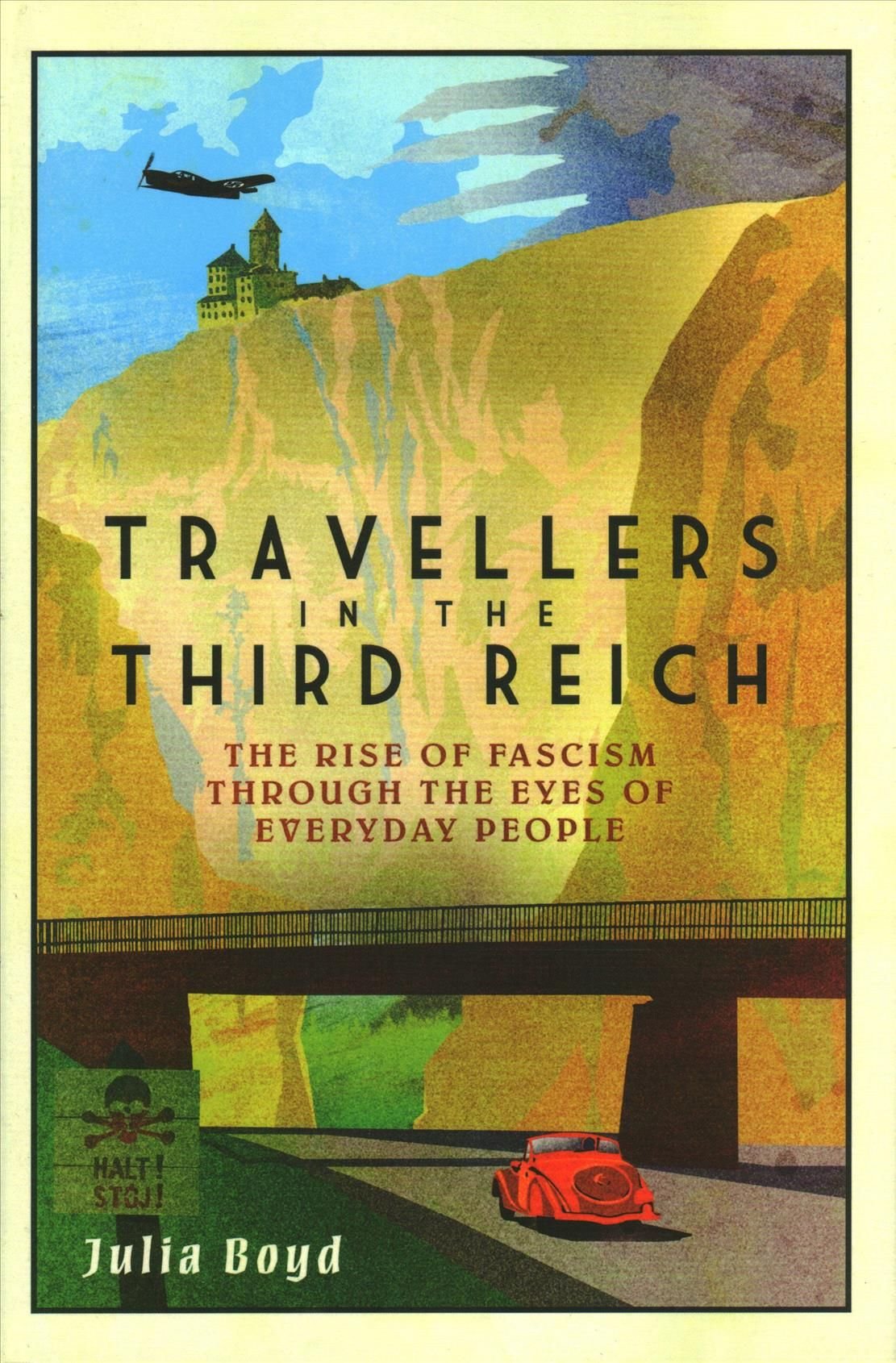
Hers is an anthology highlighting the proximity between Britain and Germany and the relative ease with which people of middle class means could travel in the twenties and thirties. I also liked the fact that she didn't shy away from being judgmental when it was appropriate as in her comment, “The historian Sir Arthur Bryant was another notable foreigner whose benign view of the Nazis lasted longer than was decent.”īoyd is a British writer, so at times this does have the feel of being Anglo-centric, but this is by no means a criticism. Most of the travelers Boyd describes generally fall into three categories: those who “had made up their minds as to which camp they belonged”, those who were naively or wilfully ignorant “because Germany’s cultural heritage was simply too precious to renounce for politics, however unpleasant those politics might be”, and those who were just plain confused and baffled by what they experienced and observed. We know where this story will eventually end, but the stories she recounts seem so fresh because they are written from the points of view of the travelers in their times, not “with the clarity of post-war hindsight.” It’s like sitting down with a good storyteller.

Julia Boyd weaves together stories and anecdotes with such skill and fluidity, reading her account seemingly takes no effort whatsoever. If you have an interest in Weimar and Third Reich history, enjoy histories with views from the bottom-of how real people experience it-or like travel writing, you can’t go wrong with this thoroughly compelling book. Disturbing, absurd, moving, and ranging from the deeply trivial to the deeply tragic, their tales give a fresh insight into the complexities of the Third Reich, its paradoxes and its ultimate destruction. These are the accidental eyewitnesses to history. Their experiences create a remarkable three-dimensional picture of Germany under Hitler – one so palpable that the reader will feel, hear, even breathe the atmosphere. Travellers in the Third Reich is an extraordinary history of the rise of the Nazis based on fascinating first-hand accounts, drawing together a multitude of voices and stories, including students, politicians, musicians, diplomats, schoolchildren, communists, scholars, athletes, poets, journalists, fascists, artists, tourists, even celebrities like Charles Lindbergh and Samuel Beckett. How easy was it to know what was actually going on, to grasp the essence of National Socialism, to remain untouched by the propaganda or predict the Holocaust? The events that took place in Germany between 19 were dramatic and terrible but there were also moments of confusion, of doubt – of hope. Without the benefit of hindsight, how do you interpret what’s right in front of your eyes?


 0 kommentar(er)
0 kommentar(er)
